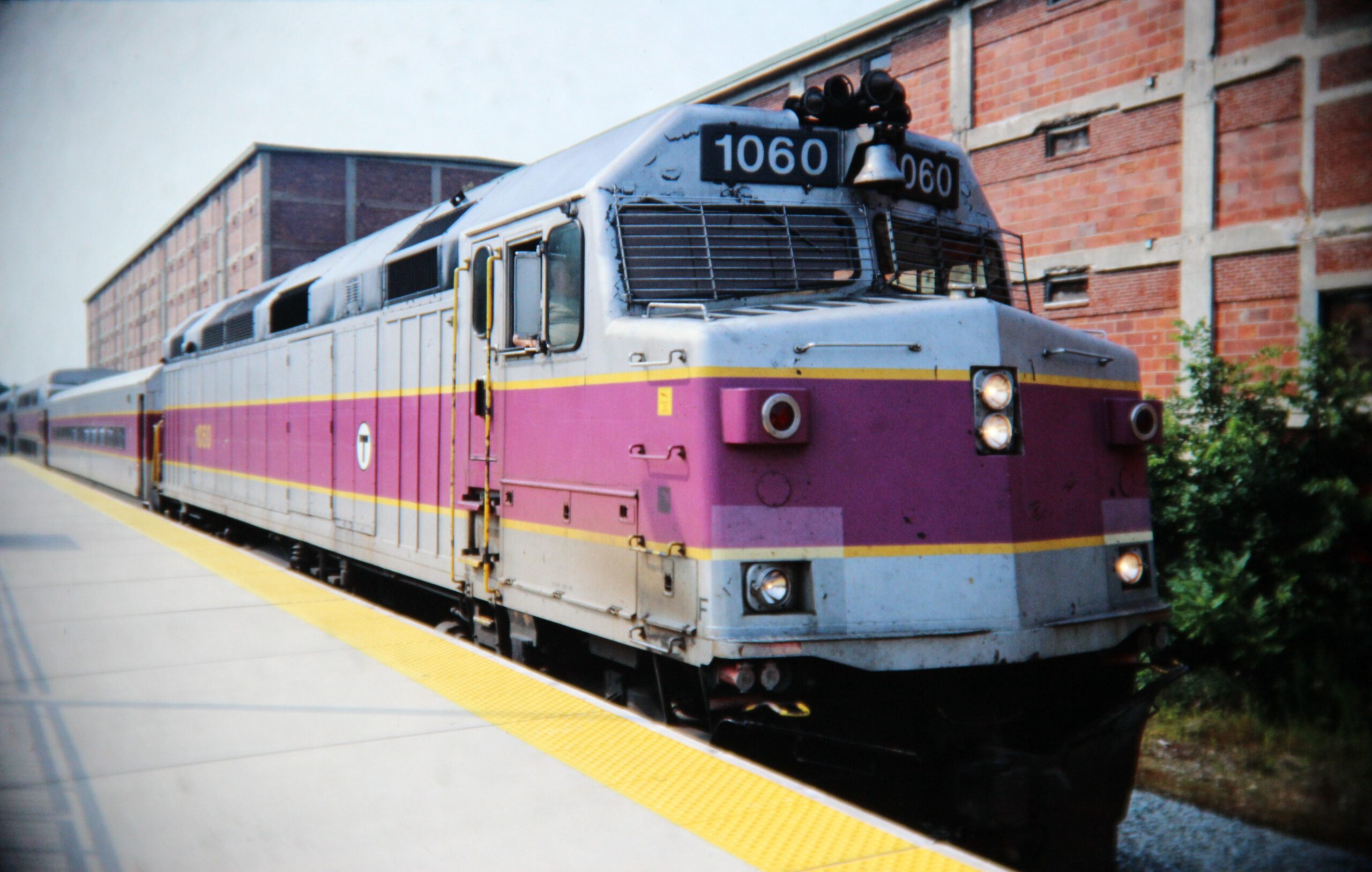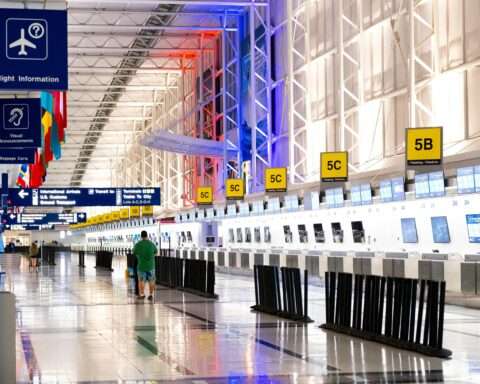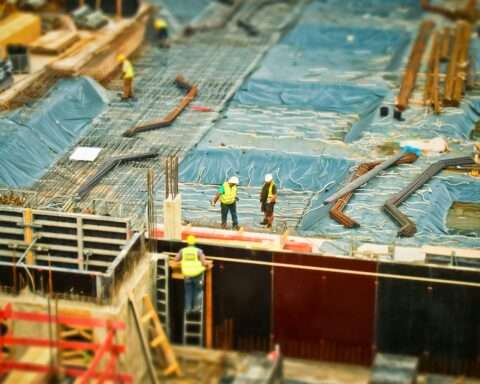Massachusetts is announcing a historic transportation financing plan that will invest $8 billion to revitalize state roads, bridges and transit systems and balance transportation authorities’ budgets for Fiscal Year (FY) 2026.
“This historic transportation proposal represents smart, forward-thinking fiscal management, and it will have an impact on people in all regions of our state,” Gov. Maura Healey said. “We’re going to invest billions of dollars to deliver better roads, less traffic, safer bridges and a transit system that works in every region.”
The state financing plan, which will be filed as legislation in the coming weeks, is meant to stabilize and enhance transportation around the state. To be implemented over the next 10 years, the proposed plan will not only upgrade state transportation infrastructure and agencies but do so without raising resident’s tax rates.
RELATED: Massachusetts approves $600 million for rail and station upgrades
The financing plan was created by the state Transportation Funding Task Force, which was established last January to inform the FY26 budget and provide recommendations to lawmakers. Utilizing the task force’s final report, the transit-oriented plan is designed to allocate larger-than-expected Fair Share Funds, maximize existing state funding and incentivize federal investment into Massachusetts.
A central feature of the financing plan is the strategic use of surplus Fair Share revenue, referring to a voter-approved “millionaire” tax used to fund state transportation and public education. Utilizing this surplus from FY24 and in combination with FY26 funding, the plan proposes new methods to responsibly allocate previous tax revenue.
The proposed reallocation of Fair Share revenues from FY24 and 26 will include funding for several transportation initiatives, such as:
- $857 million in redirected FY24 surplus funding to directly support public transportation.
- $765 million in FY26 Fair Share resources to the Commonwealth Transportation Fund for rail, road, bridge, transportation authority and culvert projects.
- $687 million to act as the operating budget for the Massachusetts Bay Transportation Authority (MBTA), a more than double increase in funding from FY25.
According to the final report, this additional funding for transportation initiatives will enable the state and regional transportation agencies to pursue transformative infrastructure projects. Some of these transportation projects include:
- $2.5 billion for the Massachusetts Department of Transportation (MassDOT) to conduct a variety of road and bridge repairs across the state. This funding would also support the development of culverts, small bridge renovations, safety initiatives and solutions for congestion hotspots.
- $1.4 billion in investments for MBTA to purchase new rail coaches, Red and Orange Line cars, station accessibility improvements, track upgrades and power system resilience.
- Additional funding to close the funding gap on the Allston Interstate 90 Multimodal Project and support the replacement of the Allston Viaduct.
- Additional funding to expedite projects under the West-East Rail initiative, including upgrades to capacity near Pittsfield, trackwork and accessibility improvements in Springfield and station planning in Palmer.
Excess funding from FY24 will also support the state’s supplemental budget for transportation. Under the proposed plan, the state would invest approximately $857 million of the $1.3 billion surplus into the following initiatives:
- $400 million to workforce and safety projects and initiatives that are identified by the Federal Transit Authority.
- $300 million to build the MBTA’s reserve fund.
- $25 million for a Winter Resilience Assistance Program for municipalities.
- $25 million for workforce recruitment and retention at regional transit authorities.
- $10 million for microtransit initiatives.
Both supplemental and existing Fair Share Funds will be directed to achieve a 50-50 split between transportation and education initiatives, according to voter-approved measures for the surtax.
Local cities and towns will also see a significant boost from the proposal. A new multi-year Chapter 90 bill, to be filed later this month, will increase funding for local roads and infrastructure to $300 million per year over the next five years, representing a 50% increase from previous levels. This will help municipalities address deteriorating roads and bridges, ensuring that communities across the state can benefit from safer, more reliable infrastructure.
To complete funding efforts for some infrastructure projects, Massachusetts must pursue support from federal loan and grant programs, according to the task force’s recommendations. The plan calls for $170 million from the state’s pool of federal matching funds to retire MBTA’s legacy debt and engage an aggressive strategy with the remaining funds to support the Green Line Central Tunnel project in Boston.
Once law, the plan will guide an additional $1.2 billion in Grant Anticipation Notes to borrow against future federal grants and funding opportunities for priority Highway Division projects statewide.
The state financing plan will also provide several recommendations that will operate as a framework for lawmakers to address critical infrastructure repairs and transportation systems’ finances. Some of these recommendations include allocating half of Fair Share revenue to transportation, expanding capacity for transportation and utilizing Fair Share funds to stabilize transit agencies operations.
The state’s new $8 billion transportation financing plan will take historic steps to revitalize transportation infrastructure and public health and safety. Over the next 10 years, the plan will reinforce Massachusetts’ commitment to upgrade transportation systems and enhance resident experiences statewide.
Photo courtesy Gary Todd from Xinzheng, China, CC0, via Wikimedia Commons













